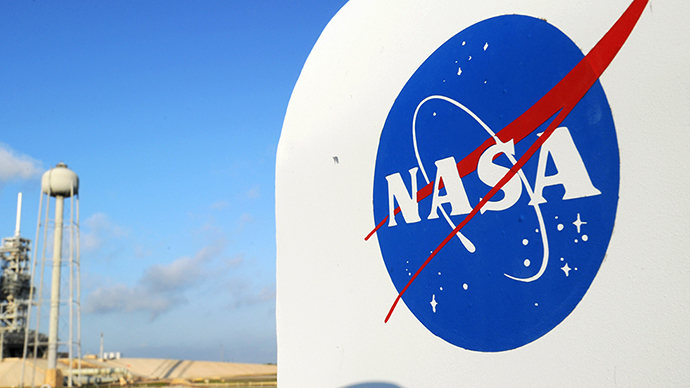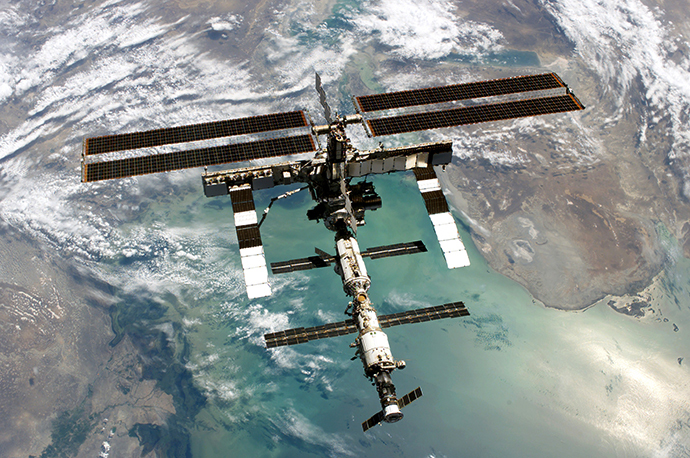NASA suspends cooperation with Russia over Ukraine crisis

The United States has suspended contact between NASA and its Russian counterpart over the ongoing situation in Ukraine. Only ongoing International Space Station cooperation will continue through the freeze in relations.
NASA associate administrator Michael O’Brien said in a memo sent
Wednesday that all missions with Russia’s Roscosmos are on hold
indefinitely, UPI reports.
“This suspension includes NASA travel to Russia and visits by
Russian Government representatives to NASA facilities, bilateral
meetings, email, and teleconferences or videoconferences,”
O’Brien wrote. “At the present time, only operational
International Space Station activities have been excepted.”
O’Brien added that “multilateral meetings held outside of Russia that may include Russian participation are not precluded under the present guidance.”
NASA told various US media that it will release a public statement later on Wednesday.
Three Russians, two Americans, and one Japanese astronaut are onboard the International Space Station (ISS).
Last week, NASA Administrator Charles Bolden said he did not believe Russia would curtail American access to the ISS, despite geopolitical tensions. Russian launch vehicles have transported American astronauts to the station since NASA stopped its Space Shuttle program, though Bolden insisted that Russia is just as dependent on the US to run the ISS.
Despite Bolden’s assurances, some in Congress are worried that Ukraine-inspired animosity could affect NASA’s operations in space. Bolden attempted to leverage those concerns by asking Congress to fund development of the Commercial Carrier Program, according to UPI. The program, with adequate funding, could launch astronauts from the US by 2017.
"Right now, everything is normal in our relationship with the Russians," Bolden said in early March. "I think people lose track of the fact that we have occupied the International Space Station now for 13 consecutive years uninterrupted, and that has been through multiple international crises."













